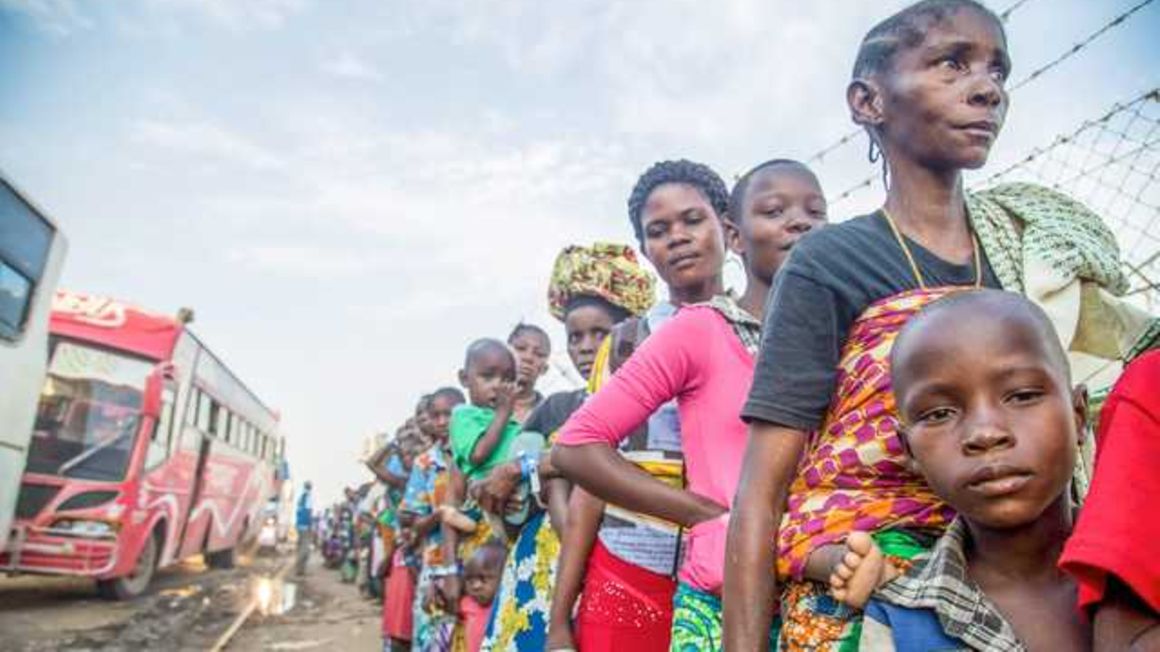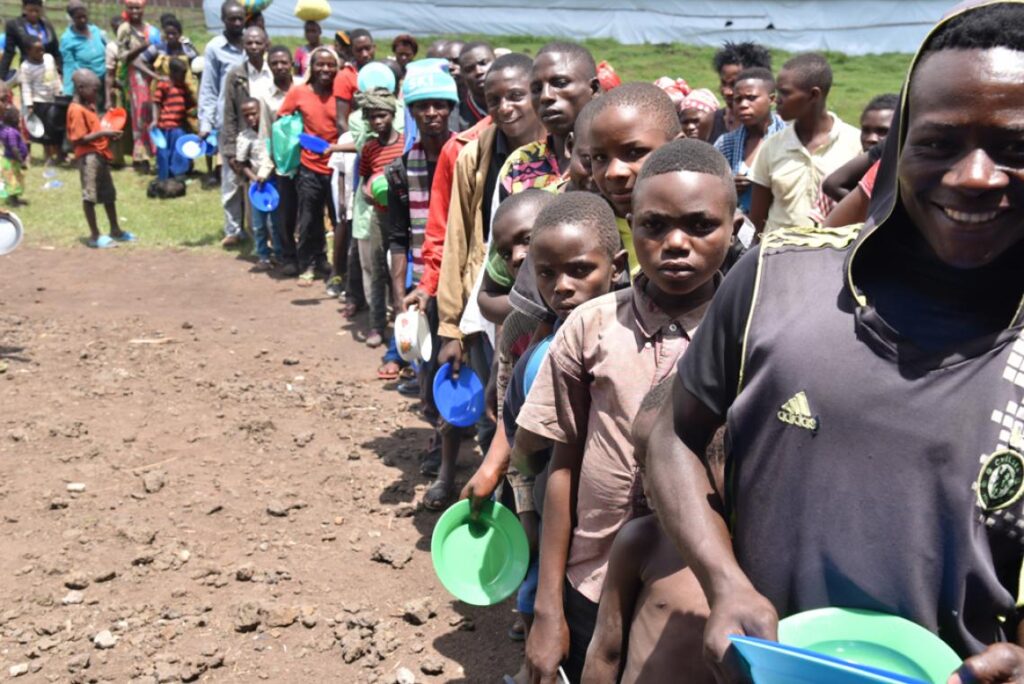

- Refugees and Disaster Preparedness Minister Hillary Onek told The EastAfrican that without more funding, the country could no longer afford to cater for the growing number of refugees.
- According to the UN High Commissioner for Refugees, the number of Congolese seeking refuge in Uganda from DRC has increased in recent months following renewed attacks by militia on civilian populations in eastern DRC.
- Uganda has been hailed world over for its progressive refugee policy described by UNHCR as a model of development-based assistance that other countries could emulate.
Uganda is considering turning away refugees from its borders, saying the international community has cut funding.
Refugees and Disaster Preparedness Minister Hillary Onek told The EastAfrican that without more funding, the country could no longer afford to cater for the growing number of refugees.
“We have made it known to the UN seeking more support. We do not have the capacity to look after numbers with such minimal support UN,” he said.
Mr Onek added that a recent influx of refugees from the Democratic Republic of Congo has pushed the number to close to 1.6 million since January.
The refugees in Uganda come mainly from South Sudan, DRC, Burundi and Rwanda.
According to the UN High Commissioner for Refugees, the number of Congolese seeking refuge in Uganda from DRC has increased in recent months following renewed attacks by militia on civilian populations in eastern DRC. Those affected are from areas of Chanzu, Kiisiza, Ruyoni and Mbuzi in the north Kivu province in the DRC.
In December last year, the Ugandan army and their DRC counterparts launched a joint military operation against the Allied Democratic Forces, a Ugandan rebel outfit holed up in the eastern DRC.
Following bombardment of several of their camps, the fleeing rebels went on to attack several villages along the way, forcing residents to flee.
The number of new arrivals from DRC through Uganda’s Bundibugyo district, since January is 8,812 individuals — more than half of them children according to UNHCR.
The agency said that already, some of the country’s designated refugee settlements like Kyaka II are full. The government provides security, monitors their health, offers vaccination and resettles them while UNHCR provides food through the World Food Programme, health services and other education services. Gradually, however, most of these privileges like food ratios have been reducing for lack of funds especially after Covid-19 struck.
“We cannot block them because they flock here looking for safe haven. So we are currently receiving and resettling them but the response from the international community is worrying us and this might make us consider changing our refugee policy,” he said.
Uganda has been hailed world over for its progressive refugee policy described by UNHCR as a model of development-based assistance that other countries could emulate. Its “self-reliance” policy allows refugees the right to work and freedom of movement.
In 2017, the country hosted a refugee solidarity summit aimed at raising $2 billion to cater for the then 1.2 million refugees it was hosting but it managed to raise just $358.2 million mostly in pledges that some countries are yet to fulfil.
